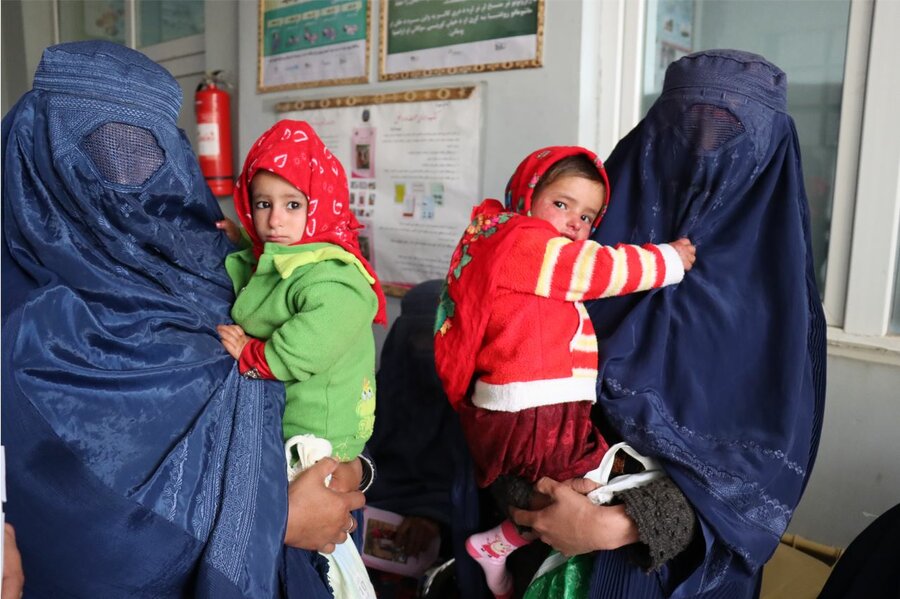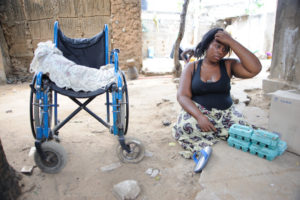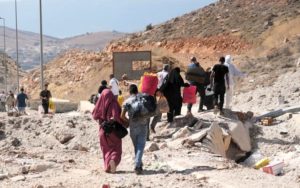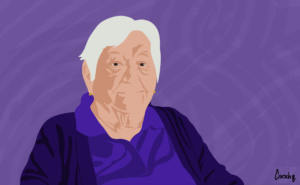Anders Fänge has worked with Afghanistan since the beginning of the 1980s; mainly as the Country Director of the Swedish Committee for Afghanistan (SCA) but also as a journalist and as the Field Coordination Director at UNAMA. His last period as Country Director SCA was 2007-2011. He is a member of the Board of SCA since 2011.
Recently I read in the newspaper that a young mother of two in Saudi Arabia has been sentenced to 34 years in prison. Her crime was that she spread texts on social media that were critical of the regime. Terrible but not surprising since the Saudi regime is characterized by a theocratic rule with a religiously based legal apparatus that does not allow any opposition, is severely repressive against women, and does not shy away from murdering regime critics on the territory of other countries. With a judiciary which, according to Amnesty, coerces confessions through torture, and which sentences critics to long prison terms, flogging, and even death by beheading for what in Europe would be perceived as mild and justified criticism of the system. The Saudi regime has been waging an undeclared war for the past seven years in neighboring Yemen where hundreds of thousands of people have died. Moreover, there are strong indications that members of Saudi financial circles have made substantial monetary contributions to Islamist terrorist groups..
And then we have Afghanistan, where the Taliban recently celebrated its seizure of power on August 15, 2021. Like Saudi Arabia, it is a theocratic regime characterized by anti-democratic, human rights-violating and women-oppressive policies, where girls over the age of twelve are denied education, and women’s opportunities for paid work are limited. Despite promises of amnesty, there are extrajudicial executions of Afghans with links to the former government, and despite promises not to allow international terrorist groups on Afghan territory, Al Qaeda and some similar organizations are allowed to have sanctuary in the country.
There are great similarities between these two regimes, but they are treated completely differently by the so-called international community.
Relations with Saudi Arabia are good. All Western countries have diplomatic relations with the country. Western heads of state have for decades visited Riyadh and negotiated with the regime. There was some disruption after the Saudi dissident Jamal Khashoggi was murdered and dismembered at the Saudi consulate in Istanbul in October 2018. The Saudi crown prince, also the kingdom’s de facto regent, Mohammad Bin Salman, was singled out as the instigator. But this was quickly forgotten. President Biden recently made a state visit to Saudi Arabia, and Mohammad Bin Salman was received this summer by the governments of France and Greece.
Afghanistan, on the other hand, is a pariah. No country has recognized the Taliban regime. The country is subject to crippling economic sanctions, which mean, among other things, that all development aid was stopped, that its banking system was cut off from the outside world, and that the Afghanitan Central Bank’s foreign exchange fund of roughly USD 9 billion was seized by the United States and a number of European countries; as a result, Afghanistan’s economy is slowly being strangled. These measures are said to be directed against the Taliban regime but in reality it is the Afghan people which is being victimised. The sanctions have exacerbated an ongoing humanitarian crisis with famine and starvation affecting millions of people.
Without excusing either regime, it is nonetheless a legitimate question why Western politicians and governments treat these two regimes in such diametrically opposite ways. Hunky dory with one and go to hell with the other.
For every reasonably knowledgeable citizen, the answer should be obvious, but it would undeniably be interesting to see what answer our leading politicians can come up with. Politicians who never miss an opportunity to speak about their steadfastness in principle and loyalty to democracy and human rights.
Photo © Shelley Thakral / WFP
Women with their children in a nutrition clinic in Faizabad












